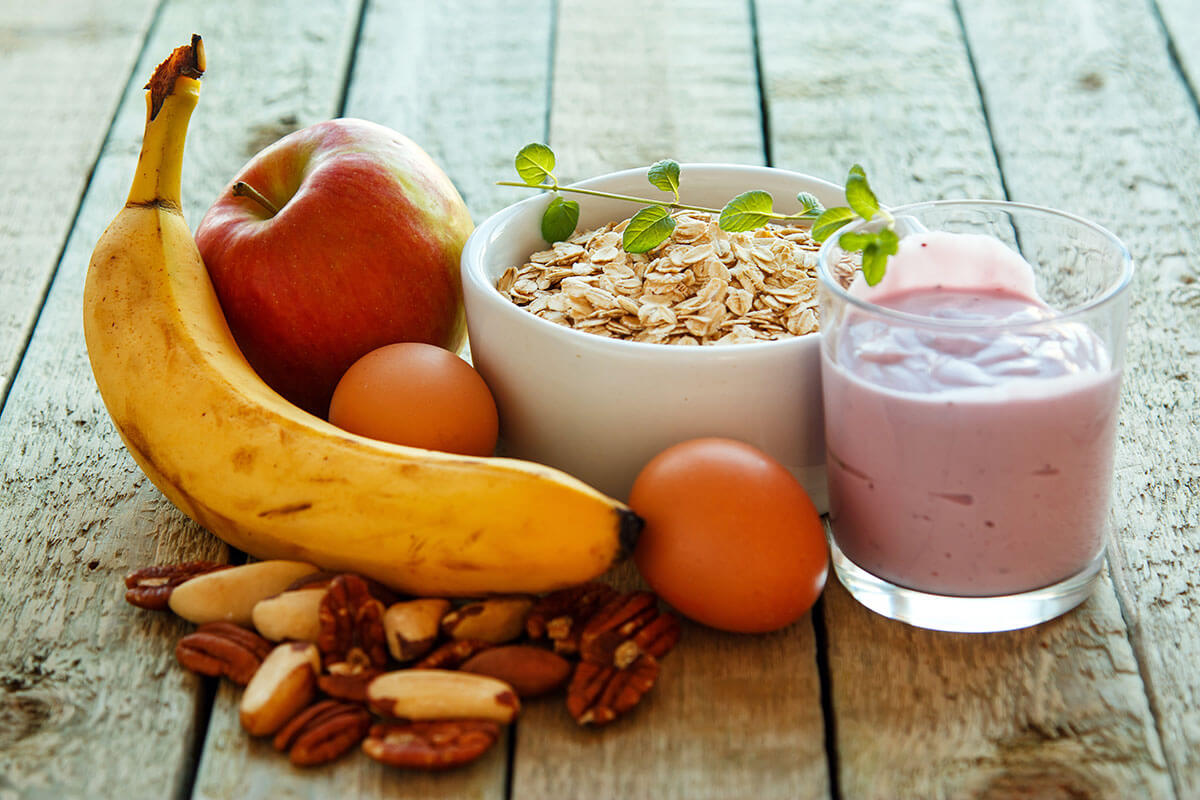Staying Healthy On The Road

Professional truck drivers are among the most essential employees in our nation, yet all too often their hard work and dedication goes unnoticed. Between the ongoing driver shortage, consumer demands, and world events, small gestures of kindness and gratitude certainly go a long way. Each and every day, dedicated truck drivers make sure store shelves are filled with essential and desirable items, but sadly, that dedication often results in truck drivers overcoming health obstacles and challenges that can change as frequently as the weather.
While life on the road provides an array of opportunities to see new places, meet new people and enjoy a plethora of experiences, it can also create some unhealthy personal habits. From difficulty sleeping, poor food choices and lack of exercise, limited options or tight schedules often result in truckers neglecting proper self-care.
However, with some advanced planning and preparation, it is possible to maintain a healthy lifestyle on the road. Here are the best ways to stay healthy and happy during your travels.
Choose Healthy Meals and Snacks

Eating lots of fresh fruits and vegetables is important to overall health because they contain essential mineral, vitamins, and amino acids necessary to feel good. From fueling the body for energy, nourishing the brain for focus, and helping with digestion, eating 5-10 servings daily is a good start. Before you hit the road, make a breakfast smoothie or protein shake to get a head start on your day.
Being on the road and at the mercy of grabbing what’s available along the way, often results in consuming highly processed foods that can be quite tasty, but offer little in the way of proper nutrition. So, instead of relying on fast food, or sugary/salty junk foods, pack whole grain crackers and hard cheeses, walnuts and yogurt, and a few pieces of fresh fruit. These whole foods will help reduce cravings for cookies, burgers, and chips, as well as provide you with beneficial vitamins and fiber.
Stay Hydrated
All too often, it’s easy to avoid drinking water while on the road to prevent multiple stops along the way. However, a body that is dehydrated is more likely to suffer from fatigue, headaches, poor digestion, skin issues, and more. Remember, not all liquids are hydrating, especially when it comes to caffeine. Drink quality water and sip on it throughout the day, rather than guzzling when thirsty. When the body signals thirst, it is already experiencing dehydration. Everyone’s hydration needs may be different, but the general rule is to calculate half your body weight in ounces and make that your target goal. For example, a person weighing 180 lbs. should consume 90 ounces, or 11.25 cups of water.
Avoid Caffeine and Energy Drinks

Although, unnatural stimulants are quite popular in society today, as a way to get that much-needed boost of energy or mental alertness, caffeine and energy drinks can be detrimental to your health, especially if you rely on them throughout the day. Not only do they cause dehydration, they also rob the body of calcium and other important nutrients. If that cup of joe helps you look forward to the start of your day, then go ahead and enjoy it, but if you’re drinking extreme amounts of stimulates in lieu of water or getting plenty of sleep, slow down. Your body, brain, and health will thank you for it.
Eat Smaller Meals More Often
The body requires a lot of energy to digest foods, so rather than eating a few large meals, try eating smaller, lighter meals throughout the day. Also, when you eat small meals, you’re less likely to cause spikes in blood sugar levels, and alleviate those bouts of sleepiness behind the wheel as well as that afternoon slump so many of us experience. Of course, address specific dietary requirements with your health professional.
Consider a green drink every day! A single serving packs a big punch in regards to nutrients and it’s so easy to pack and carry. It’s also helpful to pack your meals in advance, separating them into single-serving sizes. This will make them easy to grab, prevent delays trying to find food on your route, and help ensure you’re consuming nutritionally balanced meals each and every day.
Get Quality Sleep

Getting 7-8 hours of sleep each night allows the body and mind to regenerate and recover from the previous day. Sleeping on the road can be challenging, but when you develop and stick to a daily routine, your body will acclimate. For instance, avoid any screen time or strenuous exercise at least 2 hours prior to bed. Instead, read, listen to music, or quietly let your mind wander.
Exercise Regularly
Engaging in some form of physical activity each and every day is important too. Do something you enjoy, whether that is taking a daily walk or doing stretches. At first, it may be really difficult to motivate yourself to do anything active. After all, driving for several hours is tiring, so of course at the end of your shift, it’s tempting to simply chill. But, exercising for just 10 or 15 minutes a day will boost your oxygen circulation and blood flow and is easy to fit into your routine.
Finally, regardless of your daily schedule and deadlines, your health is important. You owe it to yourself to pay attention to the signals your body sends you. Decide which of these suggestions you want to implement into your daily regimen first and start there. The key is to set goals that work for you and remember – you are worth it!
Learn More Here
Never miss out on leading edge information about the trucking industry (trucking focused content) and gain easy access to the helpful tips provided by Suppose U Drive. A family owned company for more than 80 years, we are dedicated to providing valuable insight to you. Sign up for our newsletter here.

